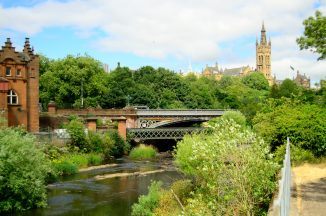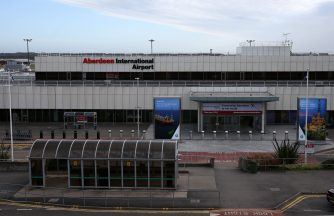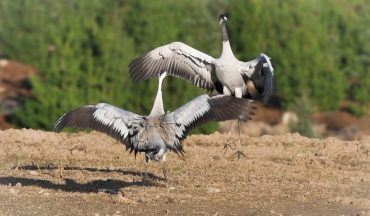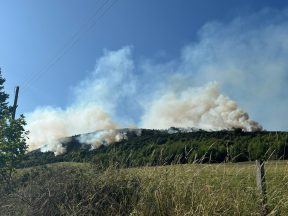A geologist who spent seven years working in the Antarctic has had a peninsula on the continent named after him in recognition of his work.
Dr Malcolm Hole, a researcher at the University of Aberdeen, became only the second person to visit Rothschild Island when he arrived there in 1985 and part of it has now been called the Hole Peninsula.
His research proved it to be of volcanological significance and he has published numerous papers about the geology of the region, remaining its most recent visitor.
He follows in the footsteps of Captain James Cook, who had the Cook Mountains in Antarctica named after him after he discovered South Georgia and the South Sandwich Islands in the 18th century.
Antarctic place names honour those who have made an exceptional contribution to furthering the understanding, protection and management of Antarctica over the last 50 years, and whose achievements warrant highlighting alongside those of the early explorers.
Dr Hole said it is an honour to have his name added to an Antarctic feature which had previously only been known by its coordinates.
He said: “To me it is recognition of a scientific contribution but also for exploration of Antarctica.
“Last year marked the 200th anniversary of the discovery of the continent yet vast areas remain unexplored and poorly understood.
“It is a real honour to have my name printed on maps of the polar south alongside famous figures from the past as well as those currently supporting research in the territory.”
The UK Committee for Antarctic Place Names provides advice on place-naming in the British Antarctic Territory, using agreed international principles and procedures.
Hole Peninsula is now included in the British Antarctic Territory gazetteer.
The naming of places in the Antarctic and sub-Antarctic goes back to 1775 when Captain Cook made his discoveries in the region.
Follow STV News on WhatsApp
Scan the QR code on your mobile device for all the latest news from around the country


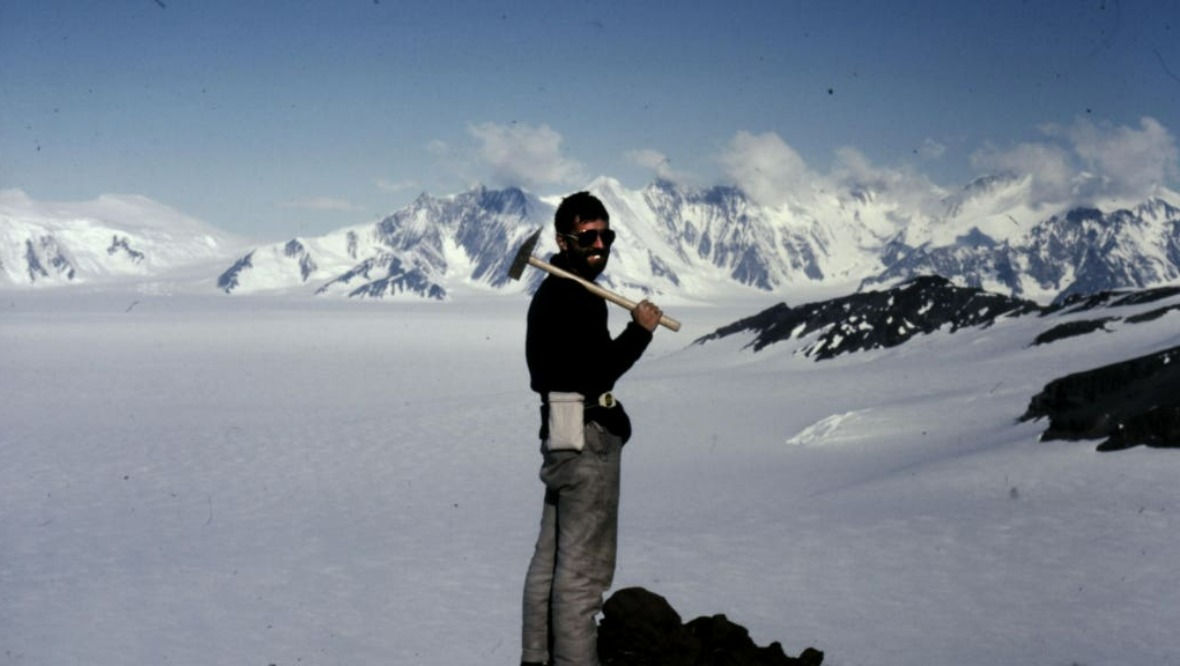 PA Media
PA Media
